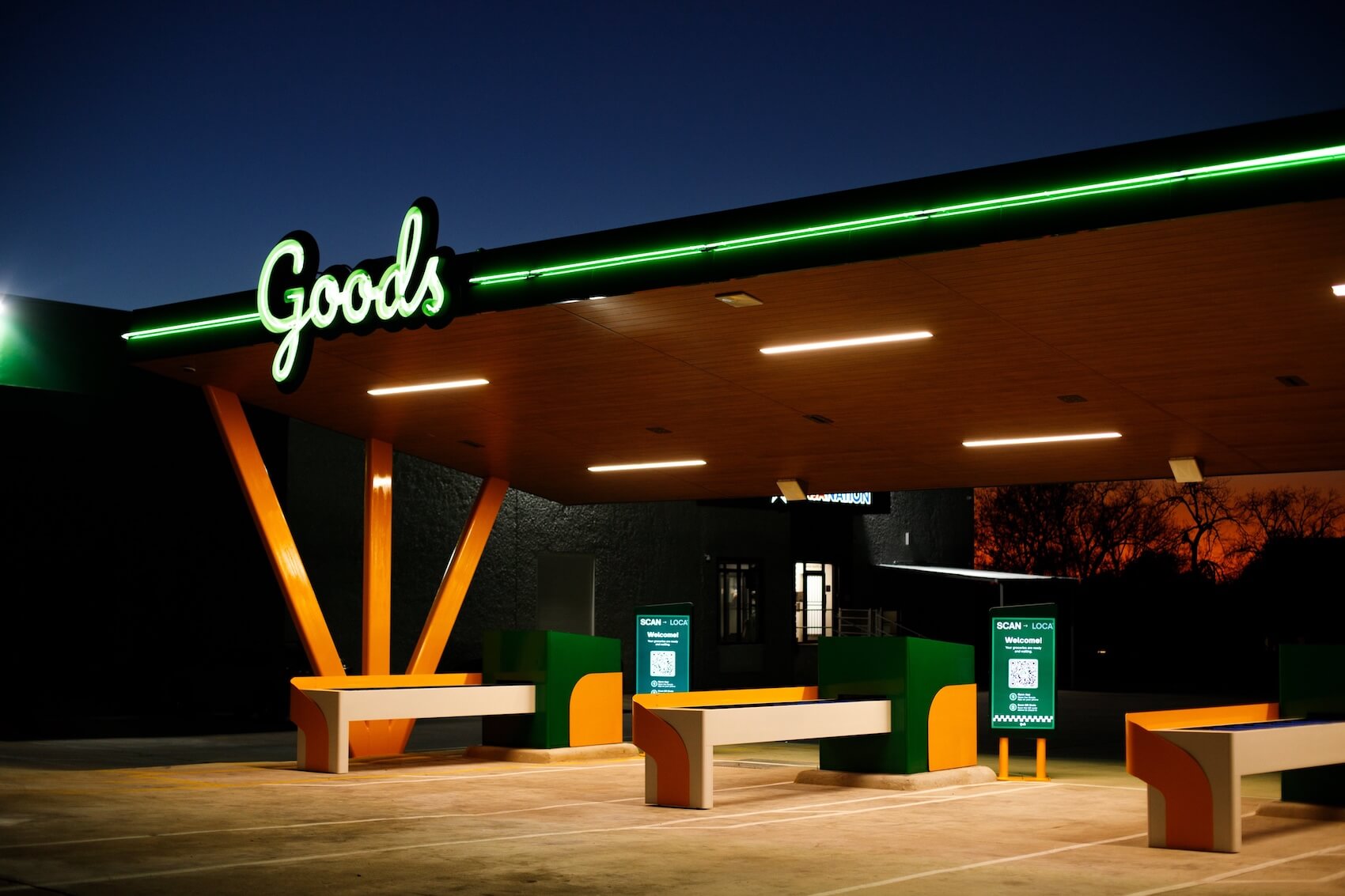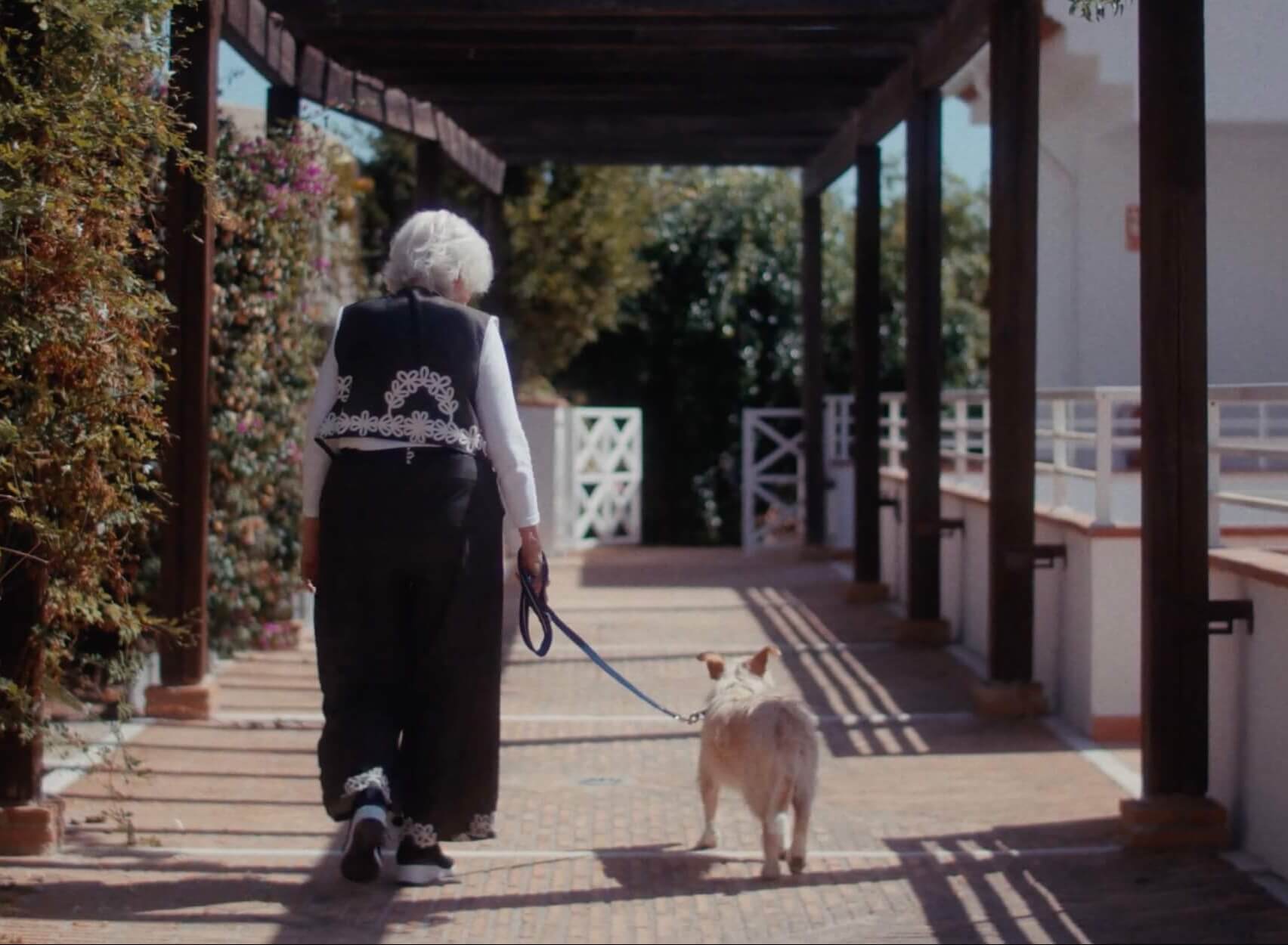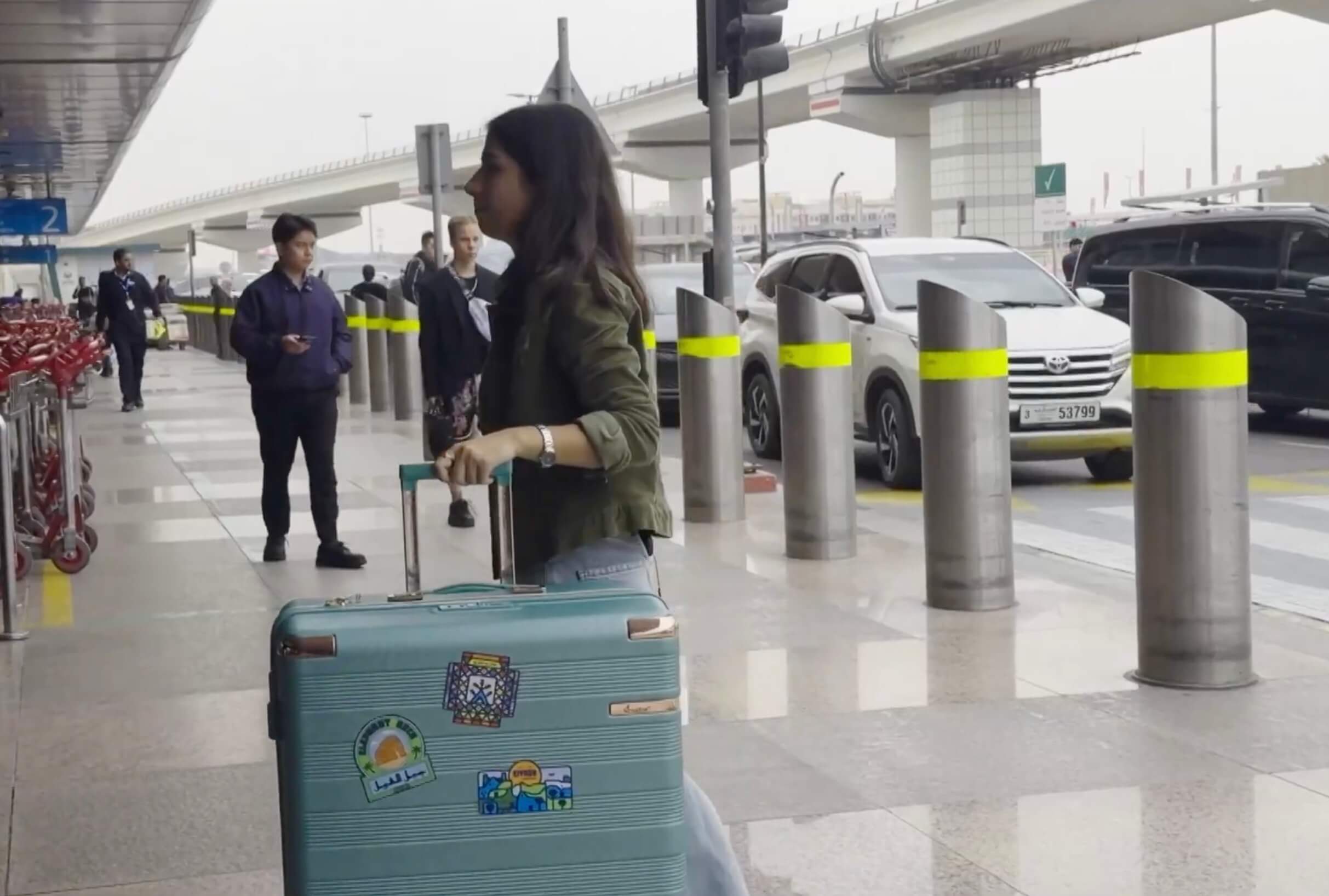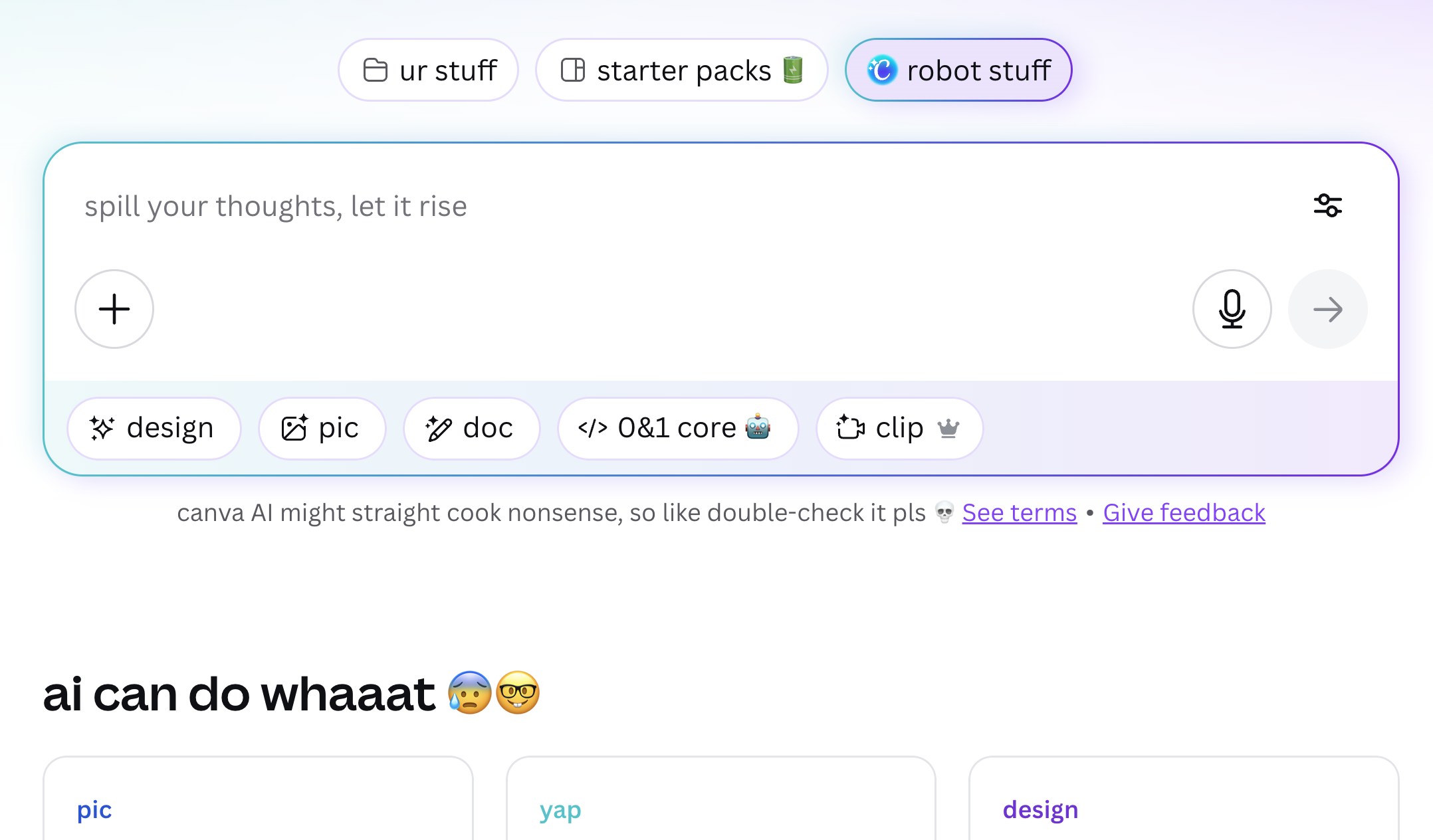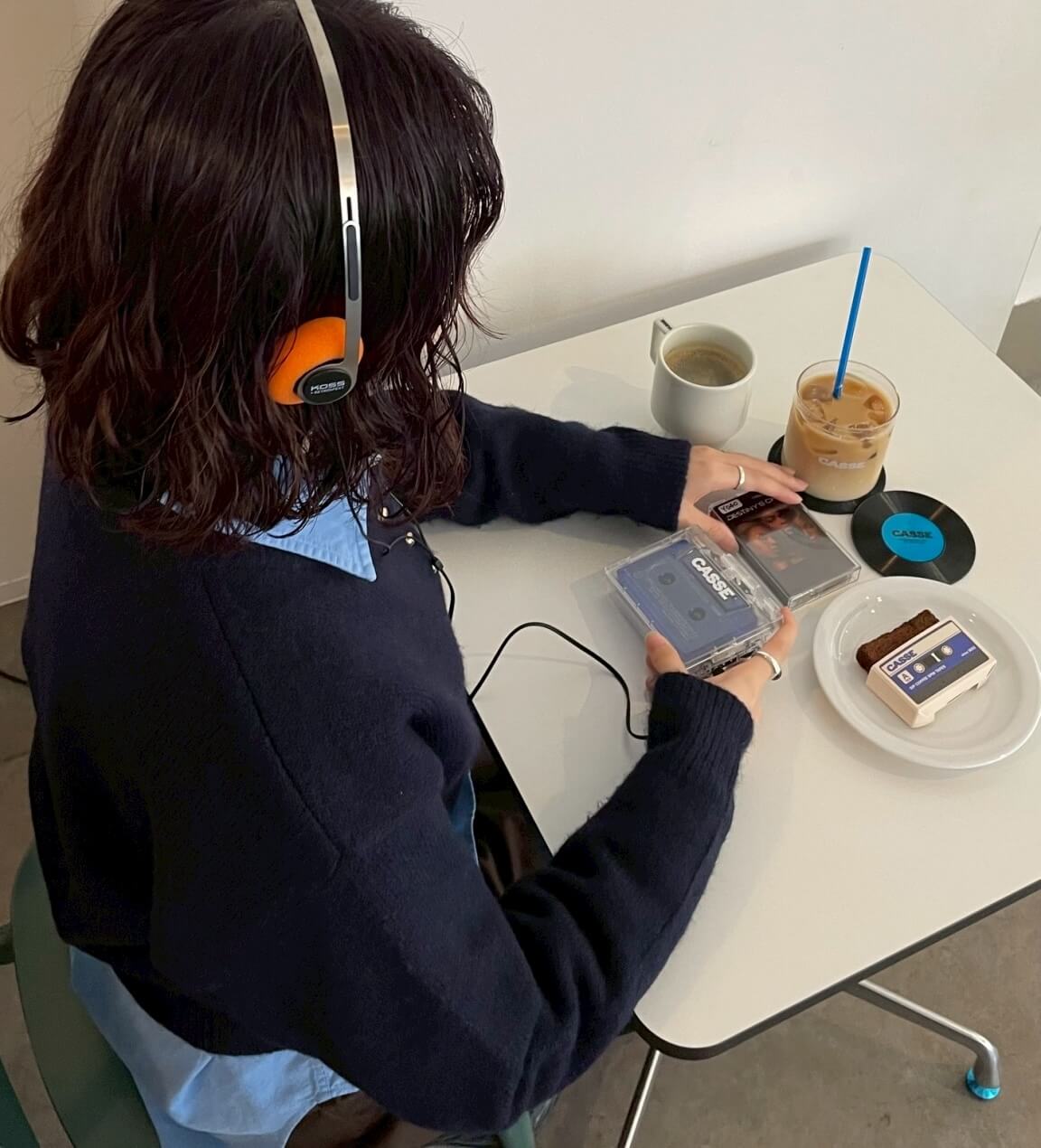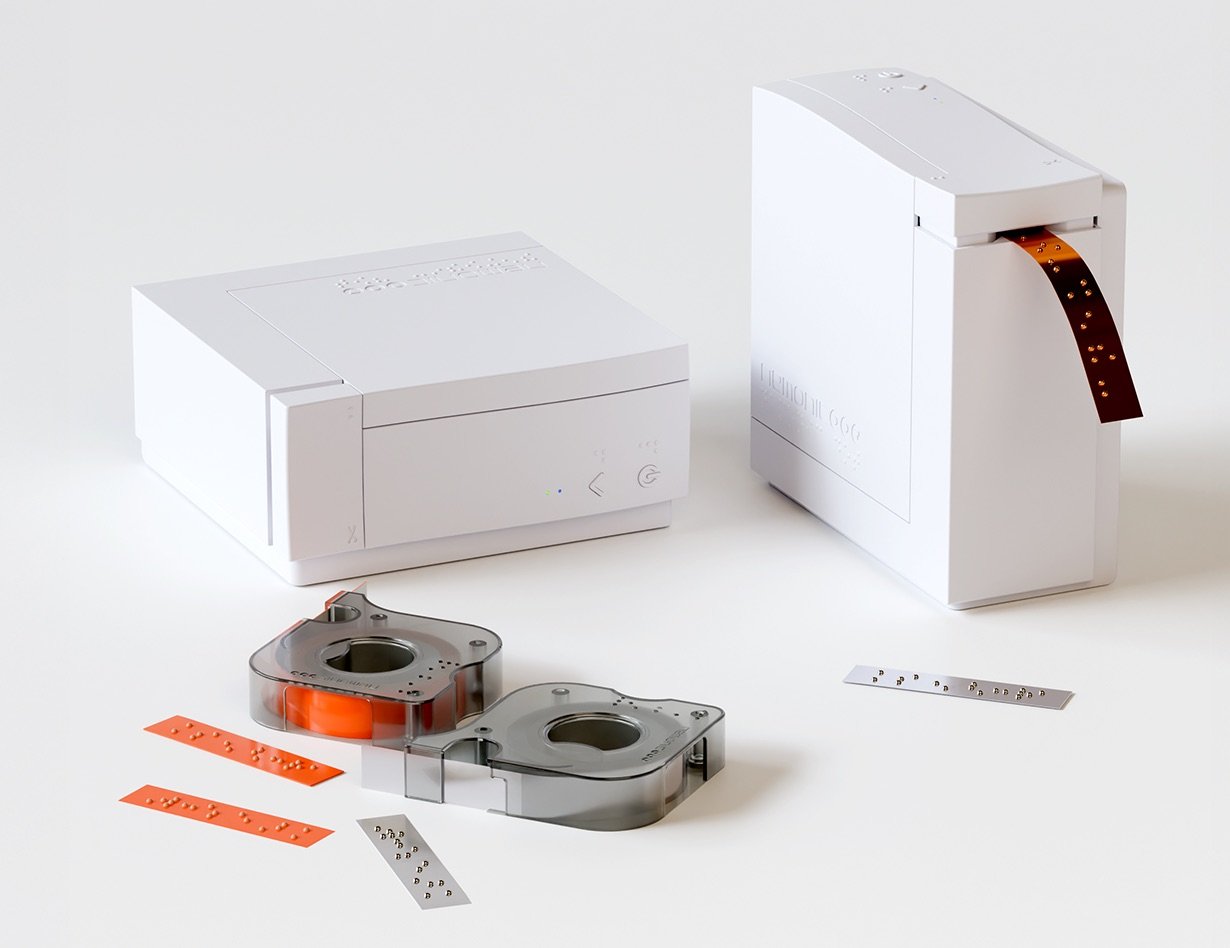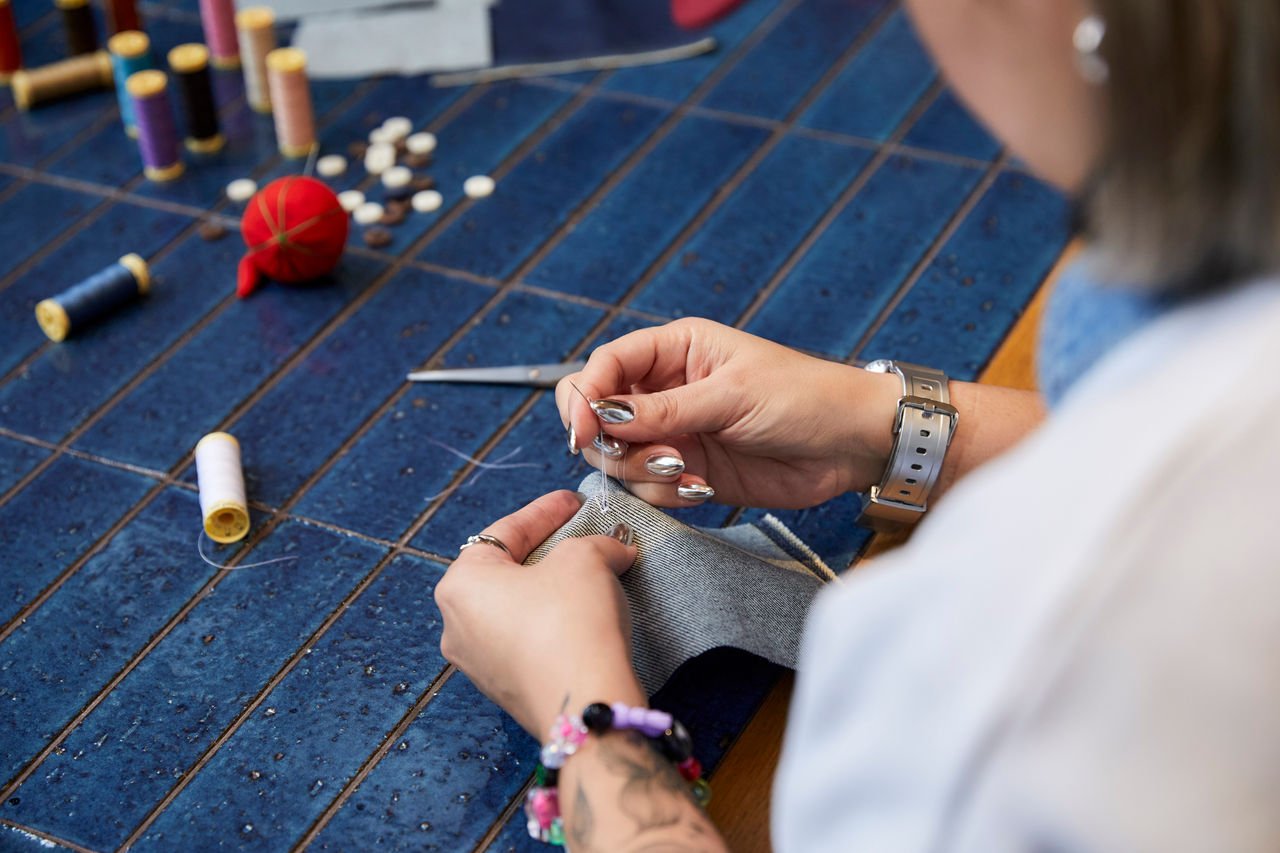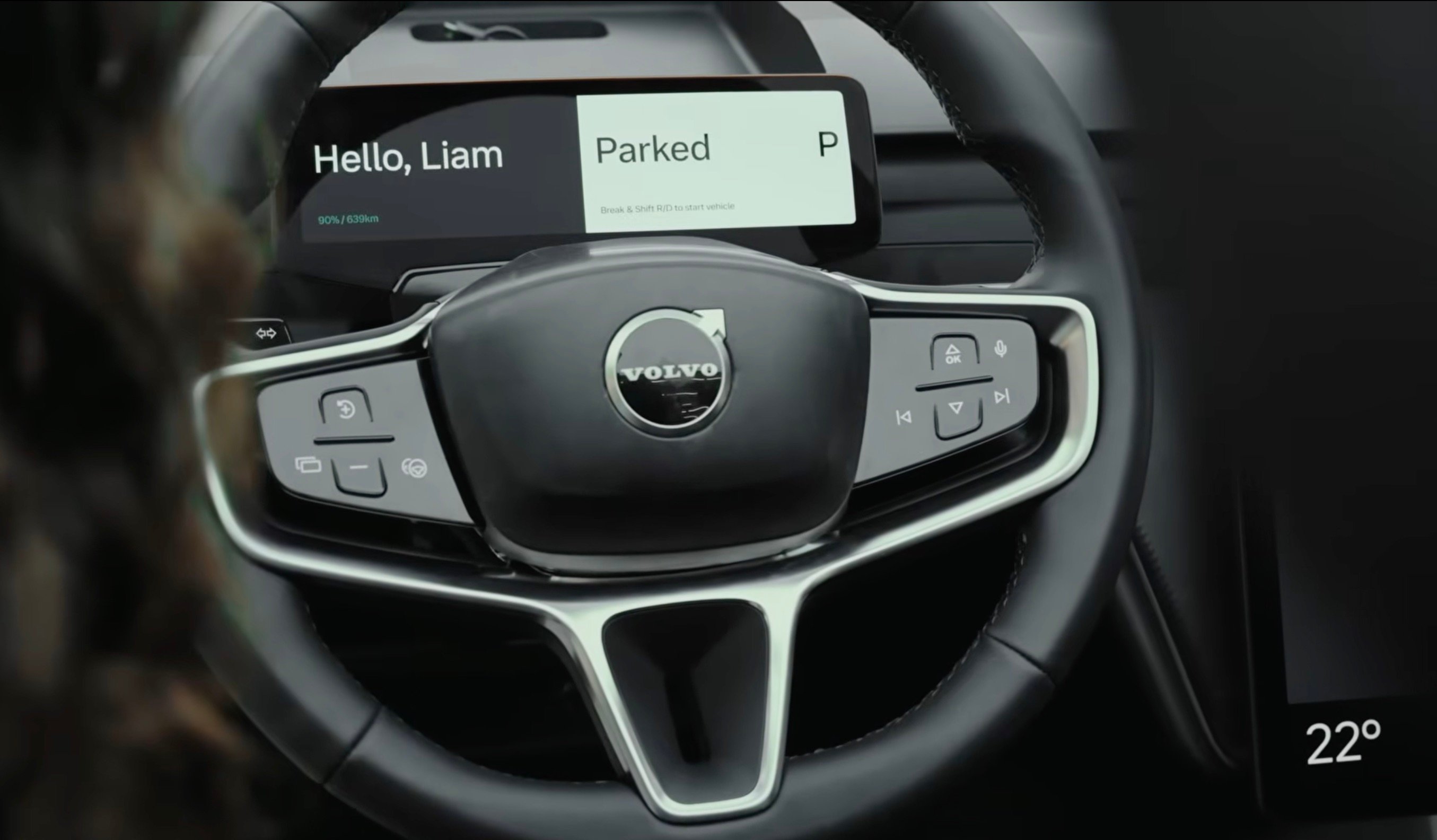Austin-based startup Pipedream is about to open Goods, a drive-through grocery service where underground robots deliver orders to customers' cars within minutes of placing an order.
The concept centers on speed and convenience: shoppers order via an app, drive up whenever it suits them, and scan a code. Their groceries then magically appear from a subterranean fulfillment center. No pickup slots, no scheduling, no idling while staff hunt down items.
The store stocks around 10,000 products that can be ready for pickup within minutes. It also allows customers to add items from H-E-B, Target and Whole Foods. Goods employees fetch those external items during scheduled "grocery sweeps" and bundle everything. That pushes back the pickup time, but as the company learns what items people want, it will add them to its selection.
While the February 2026 launch is for one physical location, Pipedream plans to expand the underground network to feed 40+ nodes across the Austin metro area. Optional drone delivery will follow — DFW, where Pipedream plans to expand next, was chosen for being drone-friendly. The startup frames Goods as proof of concept for a citywide network with many retailers and restaurants plugging into shared pipes, turning Austin into a testbed for underground logistics.
TREND BITE
Remember the ultrafast delivery boom? JOKR, Gorillas, Getir, Buyk, Fridge No More — a parade of startups promised 15-minute grocery delivery, burned through billions in VC funding, and mostly vanished by 2023. The model's fatal flaw wasn't the consumer proposition (people genuinely wanted speed), but the unit economics: human couriers, dark-store real estate in expensive urban cores and brutal customer-acquisition costs.
Pipedream's approach rethinks the model by taking it underground, where there's no traffic, no bad weather, no bike couriers colliding with pedestrians. By building infrastructure (pipes that "permit and install just like other utilities"), Pipedream positions itself as a utility layer that retailers, restaurants and even competitors like DoorDash could eventually plug into. Automation and subterranean robots offer speed and convenience without the labor costs and complications of delivery.
If the Austin pilot works, the implications extend beyond grocery. A citywide network of underground fulfillment could serve not just retailers, but pharmacies, QSRs and retail returns. Quick commerce never proved consumers would pay for speed; it proved VCs would. Pipedream is betting that underground robots can finally match the convenience people crave with economics that actually hold up.


